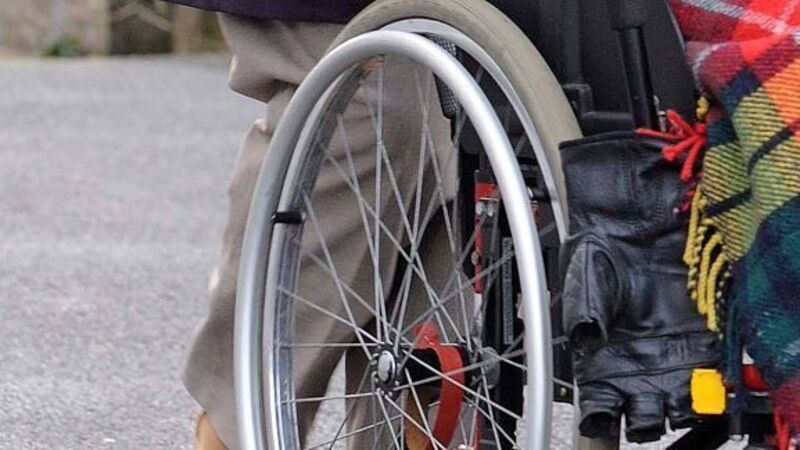Support group queries high rate of refusal for Disability Allowance

New figures provided by the department show that 24,686 disability allowance applications were decided last year, of which 13,665 were refused.
The refusal rate of more than 55% was then reversed when it came to appeals. Of the 6,808 disability allowance appeals completed by the Social Welfare Appeals Office last year, 3,966 were allowed or partially allowed and 2,842 were disallowed.
According to the department, there were 105,709 disability allowance recipients at the end of November. The figures also include the numbers of payments that were withdrawn following a medical review. Last year 1,047 reviews were carried out, leading to termination of the disability payment in 315 cases. However, some of those were later appealed.
According to a department spokesperson: “Medical reviews for disability allowance customers are targeted towards customers where there is the highest risk of changes in circumstances.”
However, the Disability Federation of Ireland said it was in a consultative process with the department to see what can be done to lessen the number of appeals and reduce waiting times.
The chief executive of the DFI, John Dolan, said: “We understand that the Department of Social Protection need to be rigorous when assessing people for disability allowance, but the high number of refusals is very concerning.
“People with disabilities who require support should get it in a timely manner, and having to go through the appeals process can be time consuming and stressful for all involved. Since over half of those who appeal are successful, there should be learning for the department in how the initial applications are processed.”
Mr Dolan also said people with disability are statistically twice as likely to live below the poverty line, and cited cuts over the last few years: “For example, deep cuts to the household benefits package, cuts to the respite care grant, an increase in the prescription charge to medical card holders and the medical card probity issue, and this culture of refusal comes on top of all of this,” he said.













